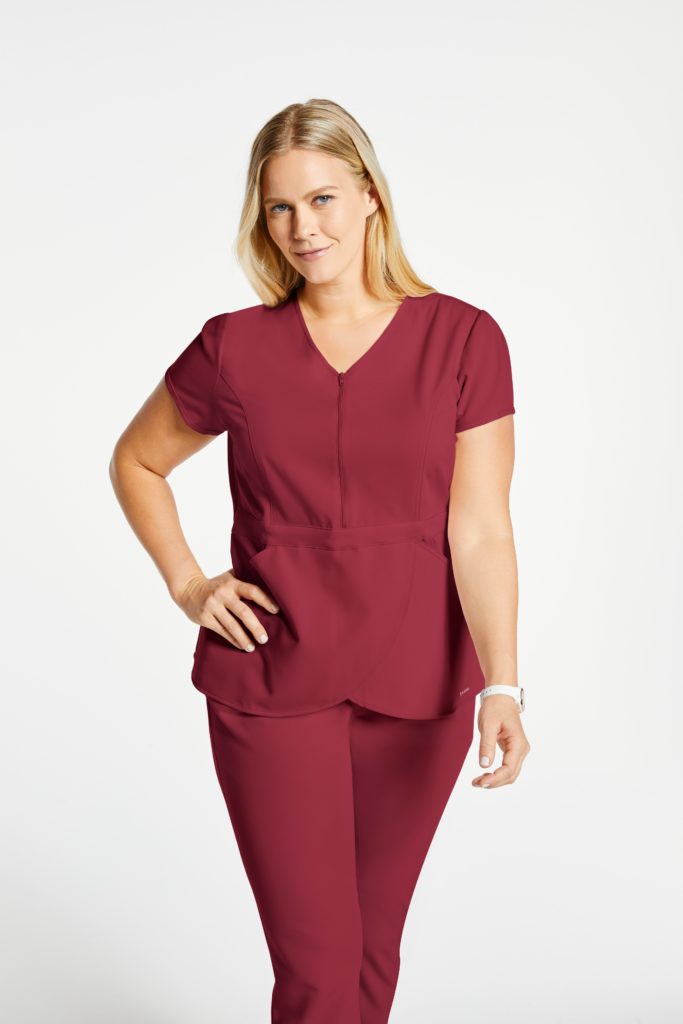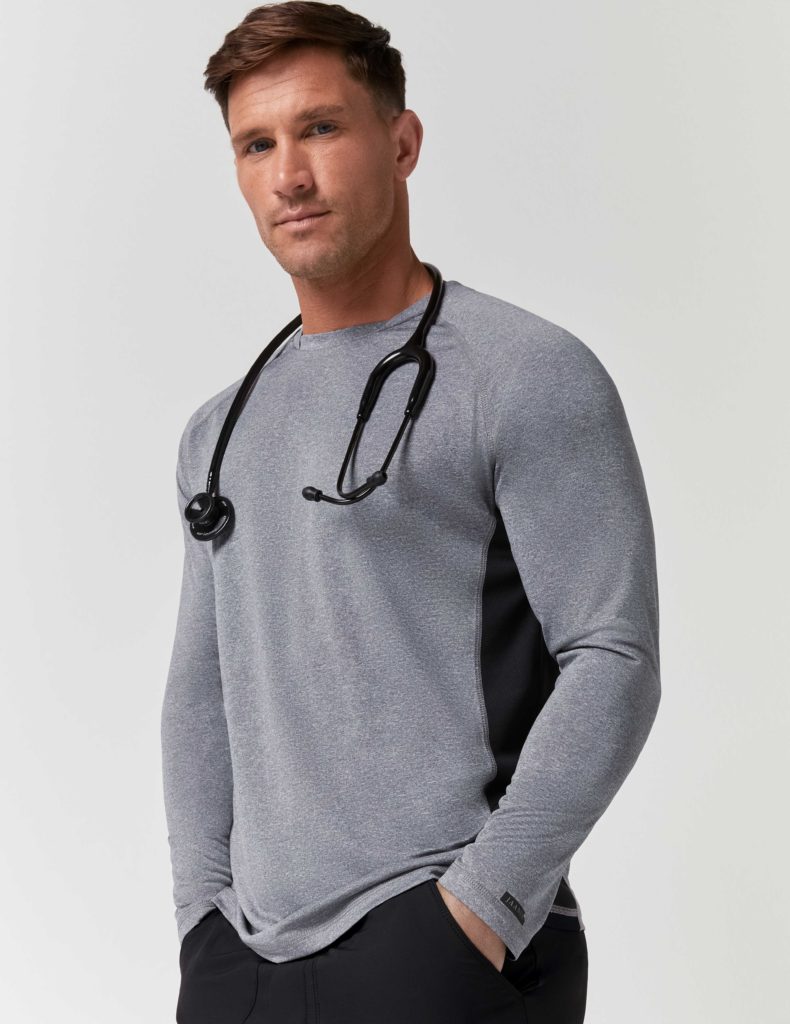All nurses are special, as they all bring unique skills and perspectives to their work. So, we’d also argue that all nurses are specialists, too. But when we use the word “specialist” in this instance, we’re talking about a specific role that combines nursing care, leadership and analysis.
So, what is clinical nursing? It’s an advanced field in which specialist nurses move beyond the patient-centered tasks and into ones that affect healthcare institutions. If this piques your interest, perhaps it’s time to consider a clinical nurse specialist job. We’re here to explain exactly what that entails.
What is a clinical nurse specialist?
Clinical nurse specialists (CNSs) perform advanced nursing tasks. Experts in their field, clinical nurse specialists take on high-level work in areas like pediatrics, psychiatric health, geriatrics, oncology and critical care. They also perform more administrative or academic tasks like management and research.
What does a clinical nurse specialist do?
So, what exactly does a clinical nurse specialist do on a daily basis? Their work can be broken into three key categories: patient care, research and consulting.

Patient care
As expert clinicians, CNSs can provide diagnoses, order testing and prescribe medication. They’re leaders in their field that help other nurses implement organizational practices—the benefits of which, in turn, trickle down into patient care.
Research
CNSs generally work in healthcare environments, but they hit the books as well. These advanced practice nurses perform clinical research to help implement widespread changes to patient care and how medical institutions function.
Consulting
An important part of the work of a clinical nurse specialist is making healthcare environments more agile. They use their knowledge to figure out what’s not working and improve it. In practice, this may look like helping reduce costs, improving the patient experience and mitigating clinical complications.
What are the differences between clinical nurses and RNs?
Let’s take a step back. You now know what advanced clinical specialists do, but what do registered nurses do? Here are some of the key differences in the nature of the work these two types of healthcare professionals perform.

Daily responsibilities
RNs provide more direct patient care than clinical nurse specialists, as this work is at the core of traditional nursing. Clinical nurses, on the other hand, spend more time coordinating care and implementing systemic changes.
Work schedules
If the night shift isn’t for you, you may be better suited for a CNS position. Clinical nurse specialists often work a traditional nine-to-five, while RNs may have more irregular hours to meet the demands of the hospital setting.
Required skills
CNSs are leaders, researchers and consultants, so they need to have great interpersonal skills (with a focus on empathy), a knack for critical thinking and the ability to take charge as leaders. RNs also must listen to and advocate for patients while implementing the care plans mapped out with the help of a physician.
How to become a clinical nurse specialist
Ready to take the next step toward a career as a clinical nurse specialist? We recommend getting a sturdy backpack for all those books you’ll need to carry around as you complete your nursing education. You have quite a few years of schooling ahead, but what could be better than getting to learn about a topic that interests you?
Get a bachelor’s degree in nursing
The first step in most nursing careers is earning a college-level degree. While an Associate’s Degree in Nursing (ADN) may prepare you for some roles, in order to practice advanced nursing or specialize in certain areas, you’ll need to get your Bachelor of Science in Nursing from an accredited nursing program.
Become a registered nurse
You’ll put your collegiate knowledge to the test when you take the NCLEX-RN. We recommend preparing for this exam over the course of several years as you work toward earning your college degree. We also recommend studying in comfortable loungewear or soft scrubs to make the experience a bit less stressful (and take advantage of our student discount while you can). When you pass the exam with flying colors, you’ll be eligible for the licensure you need to practice nursing.

Earn your postgraduate degree
The time will come when you’ll want to go back to school for your Master of Science in Nursing Degree (MSN) or doctoral degree (also referred to as a Doctor of Nursing Practice). To become a CNS, you’ll need to gain knowledge in advanced nursing topics like program development, health assessment and pharmacology.
Get certified
To get your certification as a CNS, you’ll have to pass the respective test given by The American Nurses Credentialing Center (ANCC). We know you’ll ace it. And there’s a perk for all of this hard work (aside from getting into a career you love). A clinical nurse leader’s salary tends to be higher than that of an RN; in some cases, it reaches well into the six-figure range.
We believe in you and the essential work that you do. That’s why you can count on us to have your back not only with premium scrubs and loungewear but moral support, too.

